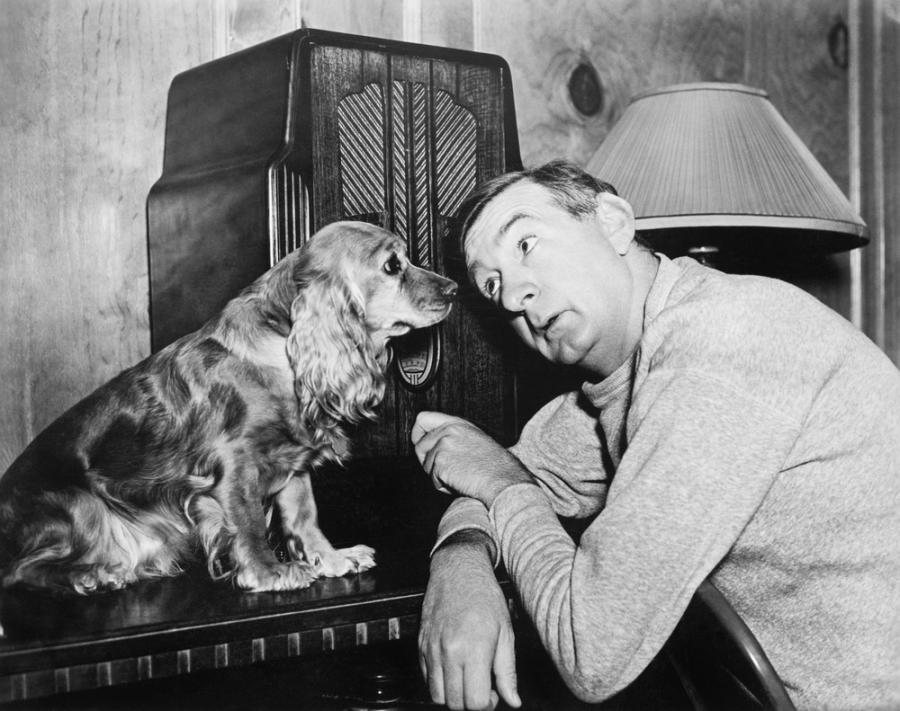Are lie detectors actually working?

The basic element of television crime programs is the image of the suspect, who is sweating nervously in the interview room, when detectives use a polygraph test, to decide, whether the suspect is innocent, or guilty. Lie detector, often shown on these TV shows as a foolproof way of finding a person's guilt, is more known as "lie detector", because its purpose is to catch people out of a lie. But is the lie detector that accurate, as pop culture believes us? In short: "Lie detector" may not be the best nickname for a polygraph.
Polygraph detectors measure sweating, heart rate and other physiological factors of the subject of the test. Thus, polygraph tests are accurate in measuring it, what to detect: nervous excitement. When a person undergoes a polygraph test, The test administrator begins by asking two types of control questions: questions, which the person has to answer truthfully, and questions, to which the person is to answer with a lie (often the administrator asks the topic, to write down the number, and then ask "Did you write 1?"" Have you written 2?" and so on, to get the answers you want). Thanks to that, when the test administrator asks more relevant questions later.
However, people can get people to react in a more excited way, even if they answer truthfully. If your audit questions don't show exactly, how a person reacts to a lie, it is more difficult for the administrator to decide in the end, whether the person is lying, by answering relevant questions. Thus, although the polygraph may be effective in measuring the physiological factors associated with nervousness, does not necessarily mean it, that he is always able to distinguish between someone who is lying and someone who is telling the truth.
Awareness, that you can manipulate the polygraph test results, makes, that the polygraph as a lie detector is quite unreliable on its own. In addition, the polygraph measures physiological factors, which are related not only to lies, but also with nervousness – frequent feeling, that can be felt during the interrogation. Therefore, in recent years, policemen have moved away from fully relying on polygraph tests as the ultimate proof of a person's innocence or guilt.. In general, when examining the results of a polygraph test, the possibility of making a mistake should be taken into account, but you can catch a person lying.








